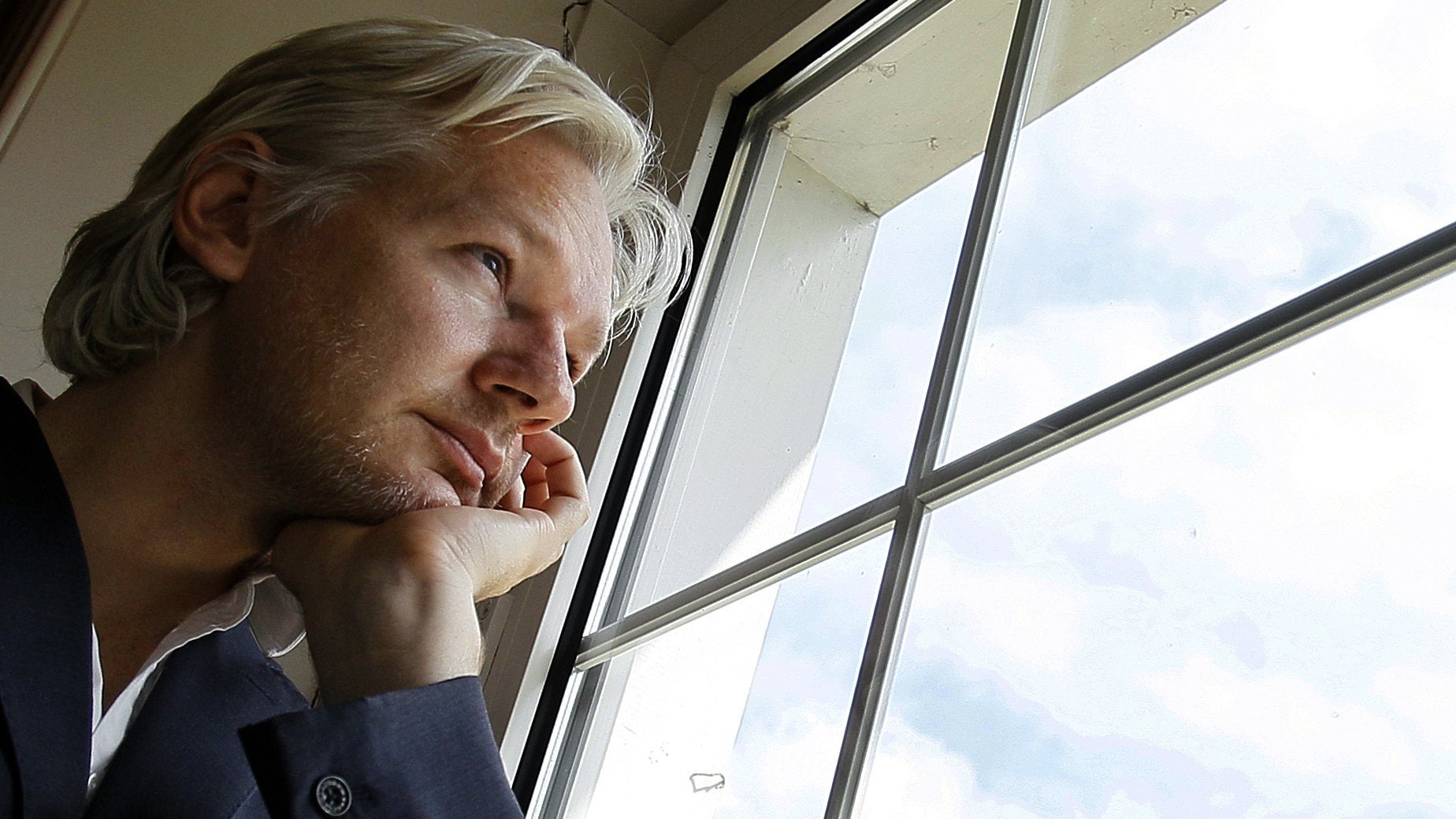Julian Assange outlasts the majority of sexual-assault cases brought by Sweden
Swedish prosecutors have dropped a series of investigations into alleged sexual assault by WikiLeaks founder Julian Assange. The five-year statute of limitations to bring charges on two of the counts—unlawful coercion and sexual molestation—expires today (Aug. 13). Another count of suspected sexual molestation will expire next week.


Swedish prosecutors have dropped a series of investigations into alleged sexual assault by WikiLeaks founder Julian Assange. The five-year statute of limitations to bring charges on two of the counts—unlawful coercion and sexual molestation—expires today (Aug. 13). Another count of suspected sexual molestation will expire next week.
The final case against him—of suspected rape—will remain active until 2020.
The allegations were made by two women in 2010, stemming from a trip Assange took to Stockholm in August of that year. He has denied the accusations, and refused to travel to Sweden to speak with prosecutors, fearing that they would extradite him to the US to face espionage charges over leaking confidential government documents.
After being detained by British police in London on behalf of Swedish prosecutors, Assange sought political asylum from Ecuador a few days before he was due to be sent to Sweden for interviews about the accusations. He has been confined to the Ecuadorian embassy in London since June 2012, and not left the grounds for fear of arrest and extradition despite complaints of poor health. A 24-hour police guard and heightened surveillance of the embassy has cost the British taxpayer some £10 million ($15.6 million) to date.
As the statute of limitations approached on some of the charges, there were signs that Assange, his Ecuadorian hosts, and Swedish investigators were close to an agreement on conducting interviews at the London embassy. But no breakthrough has yet been made.
On the rape allegation, “the status of the evidence is unchanged, and the possibilities to continue the investigation by interviews with the suspect are not exhausted,” according to the Swedish Prosecution Authority. The authority’s director, Marianne Ny, expressed “regret” at the dropped investigations, but pledged to continue pursuing a potential rape charge:
Since the autumn of 2010, I have tried to gain permission to interview Julian Assange, but he has consistently refused to appear. When the statute of limitation approached, we choose to attempt to interview him in London. A request to interview him on the premises of the Embassy of Ecuador was submitted in the beginning of June, but a permission has yet to be received. I still hope, however, that I will be able to arrange for an interview, as there are ongoing negotiations between Sweden and Ecuador.